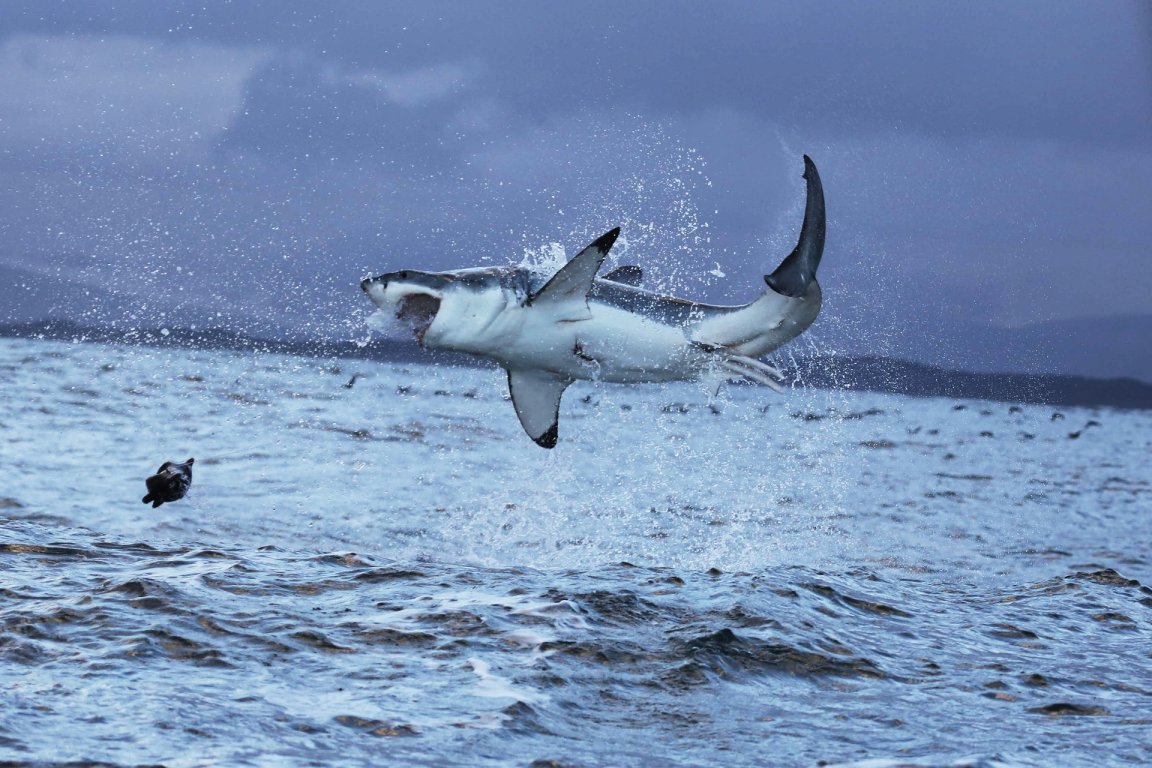Shark experts are trying to be more careful about labeling human-shark encounters as “attacks” when the incident results in a bite or small injury to the person.
The Sydney Morning Herald reports Australian researchers want to rebrand the negatives associated with shark encounters, tagging them as an “incident” or “negative encounter,” depending on the severity of the wound(s).
“‘Shark attack’ is a lie,” said University of Sydney language researcher Christopher Pepin-Neff, who argued that a majority of what people call “attacks” are merely nips and minor injuries from smaller sharks.
“Sharks don’t have hands, so if they want to explore something, they mouth it,” added Nathan Hart, an associate professor at Australia’s Macquarie University. “Very rarely are humans consumed by sharks.”
The Australian government’s Department of Primary Industries in New South Wales (NSW DPI) has worked with shark survivors to develop a more sensitive vocabulary to describe a shark-human encounters.
“NSW DPI is respectful that each incident is best described by the individual involved,” a spokeswoman said. “DPI generally refers to ‘incidents’ or ‘interactions’ in our formal shark reporting.”

Such a descriptive change is important said Dr. Leonardo Guida a shark researcher for the Australian Marine Conservation Society, “because it helps dispel inherent assumptions that sharks are ravenous, mindless man-eating monsters.” Guida says the term “shark interactions” helps improve the public’s understanding of sharks and how they behave.
Some folks are already incorporating the new shark vernacular into their vocabulary. Australian surfer Cooper Allen, now 22, had his leg gashed open by a shark when he was 17 in the waters off New South Wales. Sharks are known to follow surfers while they paddle and ride waves, and sometimes the sharks will get curios and bite the surfers. It’s not an attack, but an interaction, according to shark experts.
In light of the new shark-encounter lingo, Allen says, “I prefer it to be a bit light-hearted. I don’t want to make other people uncomfortable.
“I tell people, ‘I had a bit of [a] run-in with a man in a gray suit’.”
Dr. Guida also said that if people can differentiate between dog bites and attacks, they should be able to do the same for sharks. That would “help improve the public’s understanding of sharks and how they behave”.
